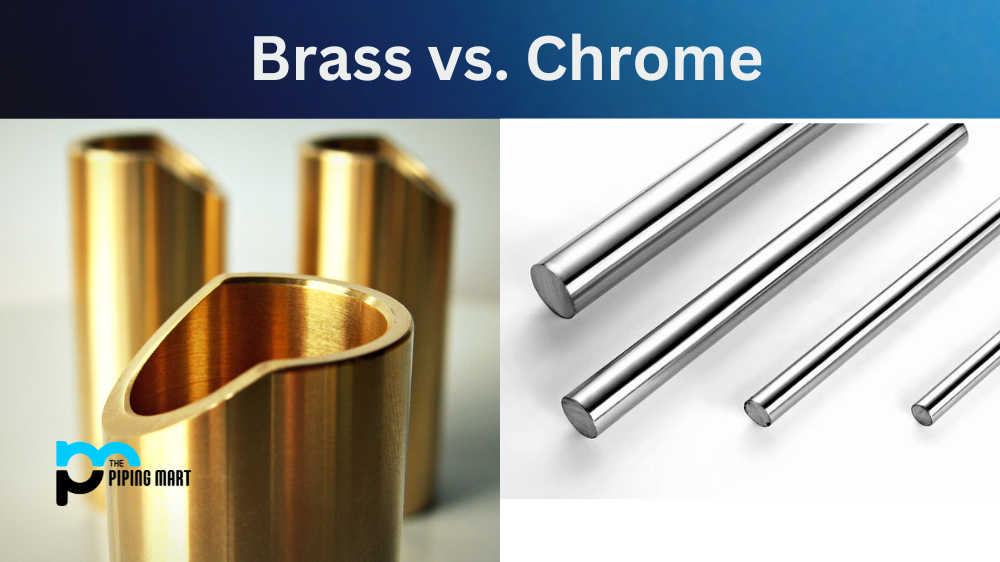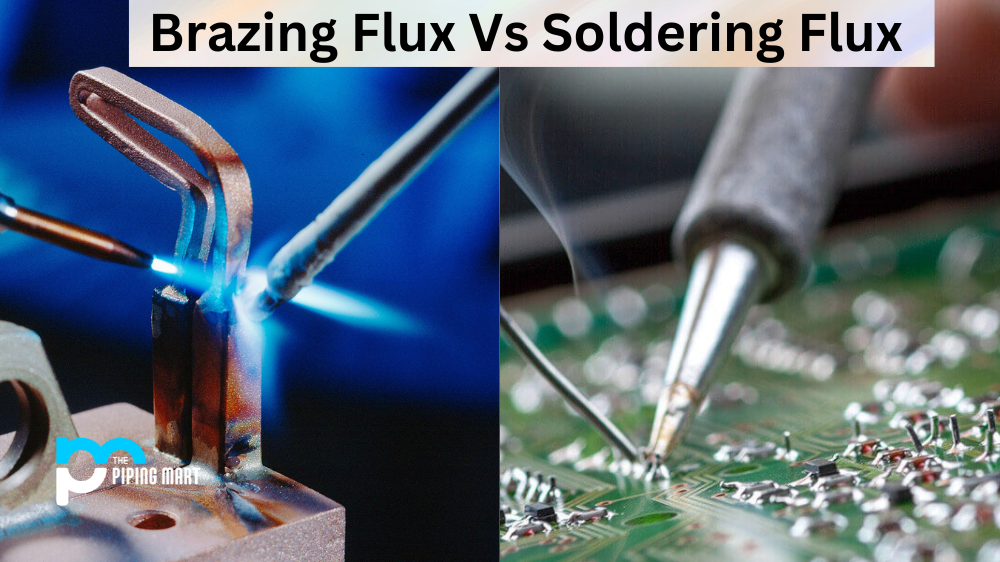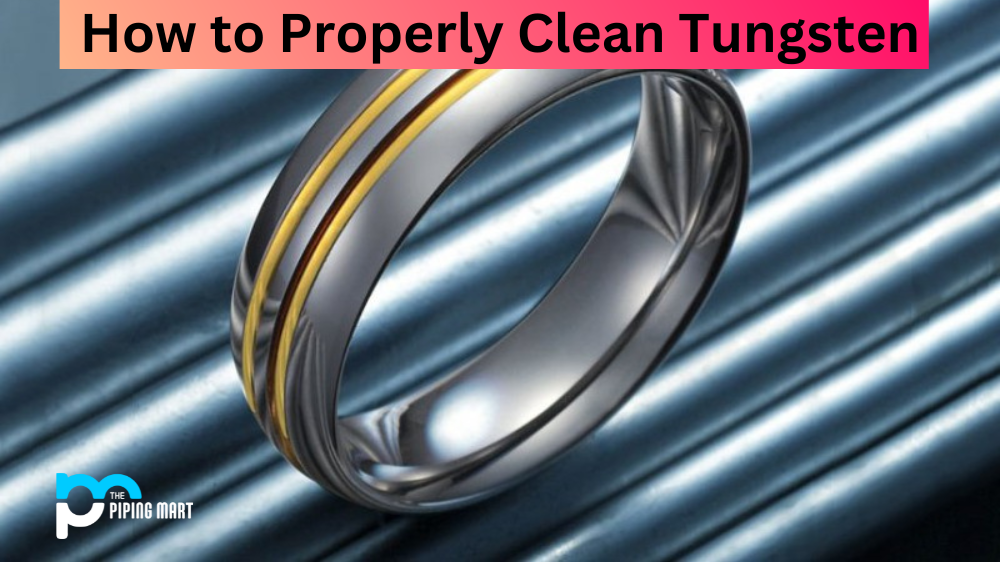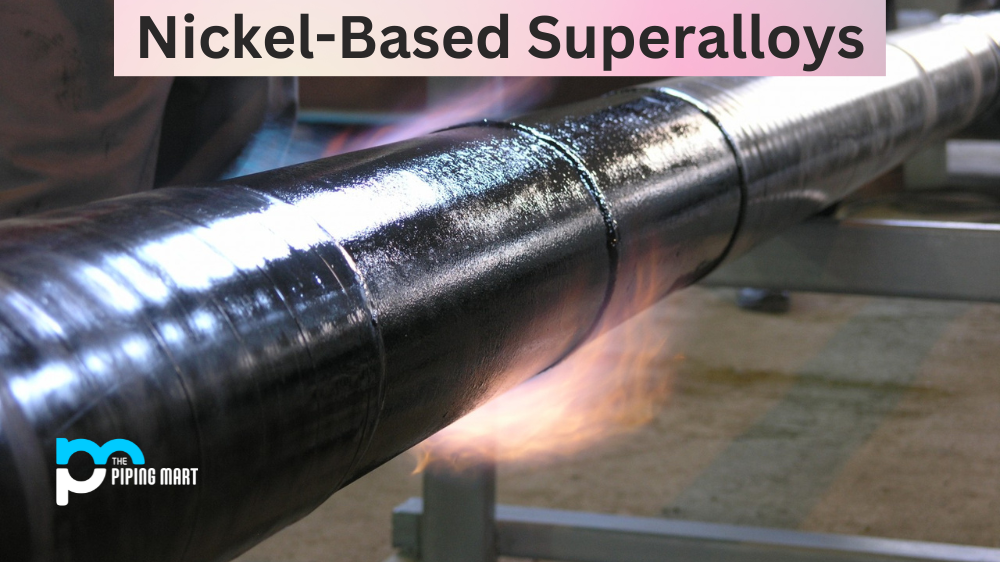When it comes to choosing the right finish for your fixtures and fittings, there’s often a tough decision between brass and chrome. Depending on what you’re looking for, either of these finishes can make a great choice for any home or building. But which is better? Let’s explore the differences between brass and chrome so that you can decide which one is right for you.
Appearance & Aesthetic Appeal
Brass has a warm golden hue that adds a touch of elegance to any space, while chrome is much more modern and contemporary in its appearance. This makes brass an ideal choice for classic décor styles like Victorian or antique, while chrome fits perfectly with more modern designs. Depending on the look you are going for with your space, one of these finishes may be the better choice over the other.
Durability & Maintenance
In terms of durability and maintenance, both brass and chrome have their own strengths and weaknesses. Brass tends to be much softer than chrome, meaning it will scratch or dent more easily than chrome, but it also can be buffed out if necessary. Chrome is extremely resistant to corrosion but will eventually start to show signs of wear over time as it gets exposed to air and water. In terms of maintenance, both materials require regular cleaning with soap and water to maintain their shine.
Cost & Availability
When it comes to cost, brass tends to be slightly more expensive than chrome due to its rarity in comparison with chrome’s abundance in the market today. However, this doesn’t mean that you should automatically choose one material over another, as they both offer unique advantages in terms of aesthetics and durability that may make them equal in value depending on what you are looking for in your home or building projects. Both materials are widely available, so finding what you need shouldn’t be too difficult regardless of your budget constraints.
Conclusion:
At the end of the day, whether you choose brass or chrome for your fixtures and fittings comes down to personal preference as well as your overall design style and budget constraints. Both materials offer unique advantages when it comes to aesthetics as well as durability so take some time to consider all factors before making your decision on which finish is best for you!

Meet Bhavesh, a seasoned blogger with a wealth of knowledge and experience. From metal products manufacturing to retail, Bhavesh has a diverse background in various industries and is dedicated to sharing his insights and expertise with readers.




